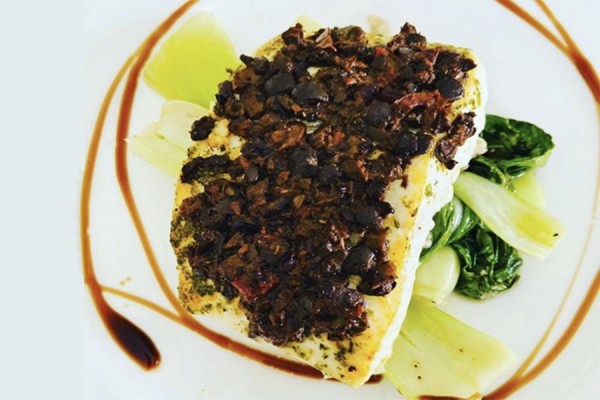 Fatema Dada models a T-shirt sold by Conquer COVID-19 to raise funds for personal protective equipment to front-line workers across Canada.
Fatema Dada models a T-shirt sold by Conquer COVID-19 to raise funds for personal protective equipment to front-line workers across Canada.
Guri Pannu (JD 2007) never expected his law degree would take him to a place where he was conducting media appearances on TSN and Sporstnet, creating a makeshift distribution centre for millions of items of personal protective equipment (PPE), and designing apparel with Maple Leaf Sports and Entertainment.
He and fellow alum Fatema Dada (JD 2007) have been key players in the establishment of the cross-country organization Conquer COVID-19, helping communities during the coronavirus pandemic. Both are board members; Pannu is also chief operating officer and chief legal officer, and Dada plays multiple roles in legal and distribution.
In mid-March, events were being cancelled, workplaces were being shut down, financial markets were tumbling. Compounding the lockdown was a fear that hospitals would be unable to handle the surge in COVID patients and protect their workers. Instead of allowing fear and inertia to set in, a network of six friends set out to just do something about curbing the spread of the virus to help save lives.
“Windsor Law taught us to not only to think critically but also encouraged its students to contribute to community,” Pannu says. “The social justice and community feel of the school allows you not to take yourself to seriously and focus on contributing to society.”
Within a week of lockdown, the team created Conquer COVID-19: a group of physicians, business leaders, entrepreneurs, lawyers, medical students, and other volunteers dedicated to ensuring front-line workers responsible for the health and wellbeing of Canadians have access to masks, gloves, and other supplies essential to treat patients and minimize the spread of the virus.
Dada says participating reconnected her with Pannu, a long-lost law school friend, and mdae a contribution: “It has also given me the opportunity to work with a dedicated and talented group of individuals who are sacrificing their own personal time to work together to help Canada through this pandemic.”
With the help of its 120 volunteers, Conquer COVID-19 has raised $2.36 million and delivered more than 1.1 million items of personal protective equipment to six provinces and 94 cities across Canada. The group is now focusing on distributing what has been collected, and has created a playbook to show Canadians how to organize a grassroots non-profit in a global pandemic.
This is one in a series of stories by Windsor Law on how its grads are helping their communities amid COVID-19. Read the entire article, written by alumni and fund development co-ordinator Karen Momotiuk Chapman, on the Faculty of Law website.




